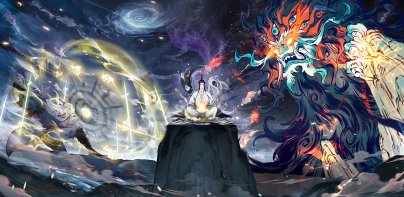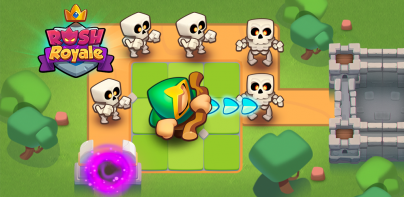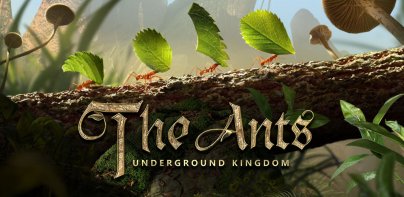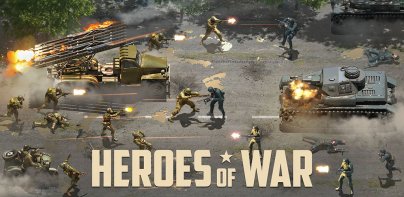







Mahabharat (महाभारत)

Description de Mahabharat (महाभारत)
The Mahabharata is an ancient Indian epic where the main story revolves around two branches of a family - the Pandavas and Kauravas - who, in the Kurukshetra War, battle for the throne of Hastinapura. Interwoven into this narrative are several smaller stories about people dead or living, and philosophical discourses. Krishna-Dwaipayan Vyasa, himself a character in the epic, composed it; as, according to tradition, he dictated the verses and Ganesha wrote them down. At 100,000 verses, it is the longest epic poem ever written, generally thought to have been composed in the 4th century BCE or earlier. The events in the epic play out in the Indian subcontinent and surrounding areas. It was first narrated by a student of Vyasa at a snake-sacrifice of the great-grandson of one of the major characters of the story. Including within it the Bhagavad Gita, the Mahabharata is one of the most important texts of ancient Indian, indeed world, literature.
Le Mahabharata est une ancienne épopée indienne où l'histoire principale tourne autour de deux branches d'une famille - les Pandavas et les Kauravas - qui, dans la guerre de Kurukshetra, se sont battues pour le trône d'Hastinapura. Ce récit est entremêlé de plusieurs histoires plus petites sur des personnes mortes ou vivantes et de discours philosophiques. Krishna-Dwaipayan Vyasa, lui-même un personnage de l'épopée, le composa; comme selon la tradition, il dicta les versets et Ganesha les écrivit. À 100 000 vers, il s'agit du plus long poème épique jamais écrit, que l'on pense généralement avoir été composé au 4ème siècle avant notre ère ou avant. Les événements de l'épopée se déroulent dans le sous-continent indien et les régions environnantes. Il a été raconté pour la première fois par un étudiant de Vyasa lors du sacrifice d'un serpent de l'arrière-petit-fils de l'un des personnages majeurs de l'histoire. Le Mahabharata, qui comprend la Bhagavad Gita, est l’un des textes les plus importants de la littérature ancienne indienne, voire mondiale.


























